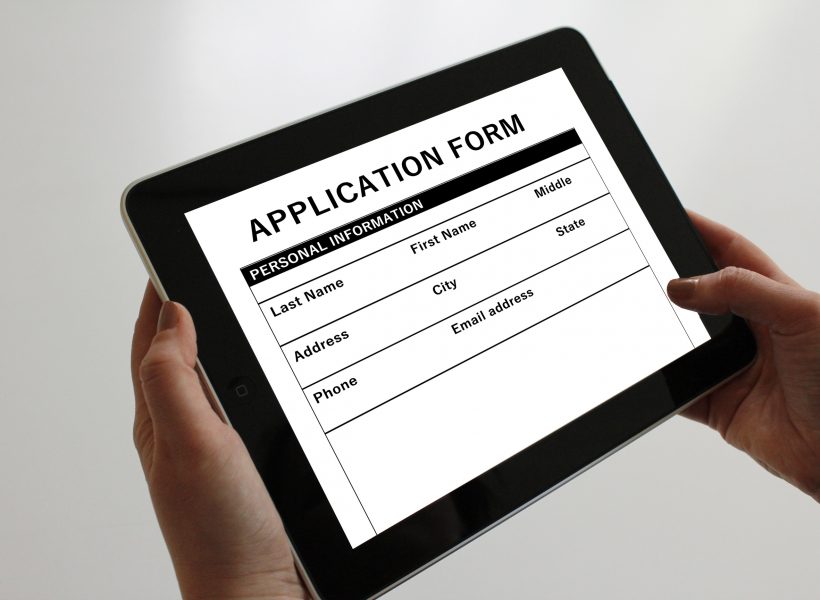Negotiating your job offer is an important part of your job hunt. Getting the package you deserve is part of advancing your career. If you haven’t negotiated what you really want, when you start the job and make less money or not getting to do the aspects you really enjoy, you are likely to quit. Negotiate what is important to you. Don’t presume that your potential employer can read your mind and propose what is desired to you.
Of course, every situation is different and one strategy doesn’t fit all, but there are some basic yet essential points to consider when negotiating your job offer.
Weigh the job offer
Determine where you are in your career and where you want to be by considering your long-term goals. Will this job bring you closer to your professional and personal goals? Evaluate the offer based on the merits as well as growth opportunities for your career. Do your research to know the range for the position and what you’re worth.
State your expectations early & clearly
If you don’t discuss your expectations early on in the hiring process, and your range is far apart from what is offered, you and the hiring manager are both wasting time. If the salary is not brought up in the first interview, inquire about it when hiring manager asks for your questions at the end. In order not to seem too blunt ask for the range, this way you’re leaving some room for negotiation. If the proposed salary is below your desired, make it clear what range you’re looking for. Many companies are willing to offer more for the right fit as offers often have a bit wiggle room built in.
Explain why you deserve what you’re requesting
Never let your proposal speak for itself. Always justify your ask by market standards and what you can bring to the table. Don’t bring up personal matters that you need to take care of and need that extra money to pay for. Your in-demand skills that can help you perform the job more efficiently can be persuasive fact-based justifications.
Consider other job perks
Salary is an important component of your compensation, but a little extra money in compensation can be useless if you take the wrong job. It’s important to work for a company where you can utilize your full potential, has the right culture for you and you get the support you need to grow. Consider all the factors that are important to you such as benefits, flexible work hours, remote work, vacation, group discounts as well as job stability.
To read more, refer to this Article for rules on negotiating your job offer.





